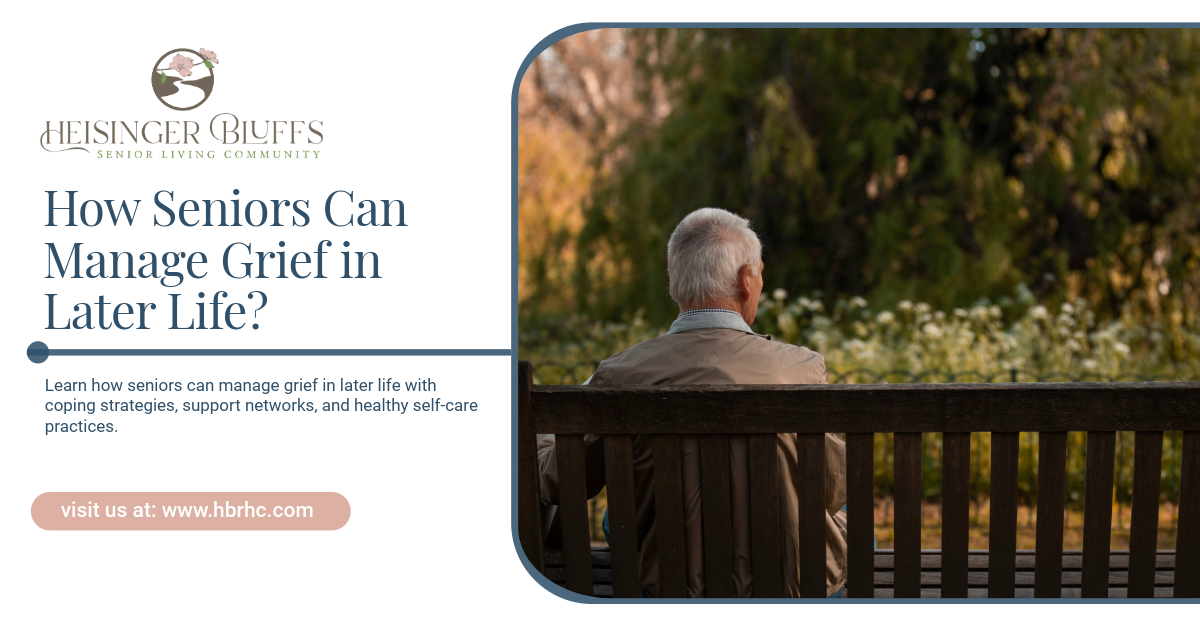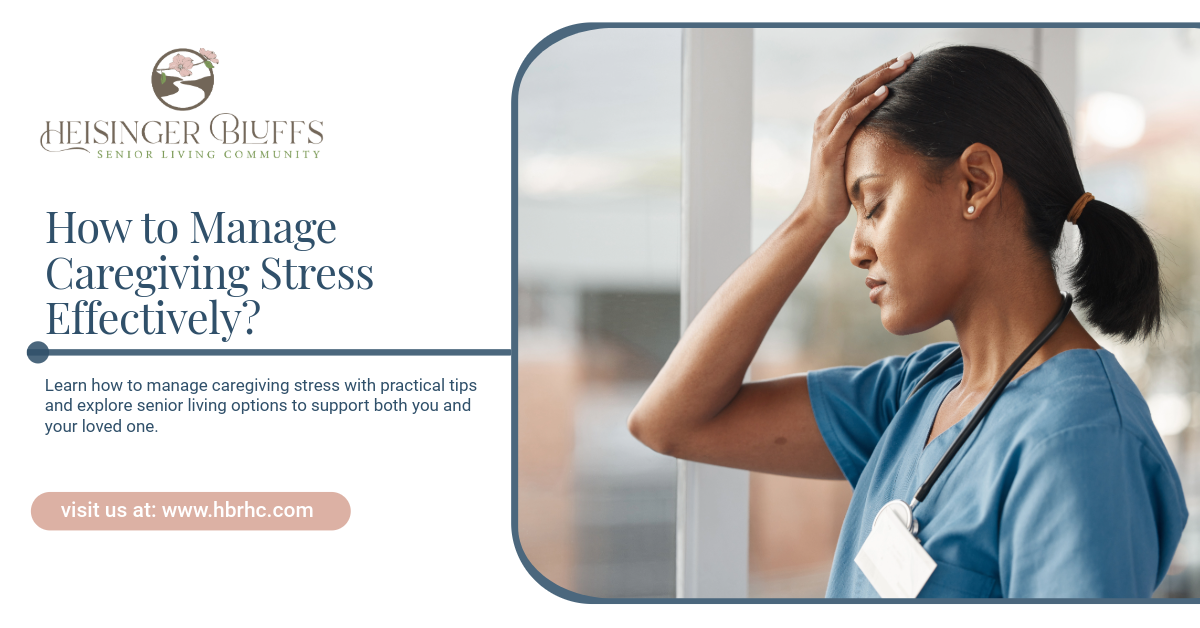Why Long-Term Care Isn't Just About Physical Health

Long-Term Care: Beyond Physical Health
When most people think about long-term care, they often focus solely on physical health and medical needs. While managing chronic illnesses and physical conditions is vital, a comprehensive approach to long-term care must also address emotional, mental, and social well-being. These aspects are essential for creating a fulfilling and meaningful life for older adults.
In this blog, we’ll explore why long-term care isn’t just about physical health, highlighting the importance of emotional support, mental stimulation, and social connection in maintaining overall well-being.
Emotional Well-Being: A Cornerstone of Long-Term Care
Emotional health is as crucial as physical health in creating a balanced and happy life. Many older adults face emotional challenges such as loneliness, anxiety, or grief.
- The Role of Emotional Support: Long-term care should include access to counselors, support groups, or activities that encourage emotional expression and resilience.
- Creating a Positive Environment: Compassionate staff, supportive peers, and meaningful routines help foster emotional stability.
- Benefits: Better emotional health can lower stress levels, reduce the risk of depression, and even improve physical health.
Mental Stimulation: Keeping the Mind Sharp
Cognitive health is an essential part of overall well-being, and long-term care should include opportunities for mental stimulation.
- Engaging Activities: Activities like puzzles, memory games, and educational programs help keep the brain active.
- Lifelong Learning: Classes on topics like technology, art, or history can spark curiosity and provide a sense of accomplishment.
- Technology Tools: Apps and devices tailored for seniors offer interactive ways to stay mentally engaged.
Regular mental stimulation not only improves memory and focus but can also slow the progression of cognitive decline.
The Importance of Social Connection
Human beings are inherently social, and maintaining connections with others is critical to overall well-being. Social isolation can lead to feelings of loneliness and even affect physical health.
- Fostering Community: Long-term care communities often provide shared spaces and organized events to encourage interaction.
- Family Involvement: Regular visits, virtual calls, and family-inclusive activities keep loved ones connected.
- Friendship Opportunities: Building relationships with peers creates a sense of belonging and reduces loneliness.
Social connections contribute to happiness, reduce stress, and even improve immune function.
Holistic Care: The Mind-Body Connection
Long-term care must recognize the mind-body connection, where emotional and mental health directly impact physical health.
- Stress Management: Practices like meditation, yoga, and tai chi promote relaxation and physical well-being.
- Therapeutic Activities: Art therapy, music therapy, and animal-assisted therapy offer emotional and physical benefits.
- Nutrition’s Role: A healthy diet supports both mental clarity and emotional stability, demonstrating the interconnectedness of care.
The Role of Personalized Care Plans
Every individual is unique, and care plans should reflect that diversity.
- Assessing Needs: Comprehensive evaluations of physical, emotional, and social needs ensure a balanced approach to care.
- Flexibility: Plans should adapt over time as needs and preferences change.
- Empowerment: Involving seniors in the planning process fosters a sense of control and respect.
The Value of Recreational Activities
Recreational activities are more than just fun—they’re a vital part of holistic care.
- Physical Recreation: Gentle exercises like walking groups or swimming classes improve fitness and reduce stress.
- Creative Outlets: Painting, knitting, or playing music provide joy and a sense of purpose.
- Social Events: Group outings, dances, and themed dinners bring people together in meaningful ways.
Recreation promotes emotional, mental, and physical well-being, creating a well-rounded lifestyle.
Spiritual Support in Long-Term Care
For many, spirituality plays a significant role in emotional health and overall satisfaction.
- Access to Services: Long-term care should offer access to religious services or meditation groups.
- Chaplain Support: Spiritual advisors can provide guidance and comfort during challenging times.
- Meaning and Purpose: Engaging in spiritual practices can provide a sense of purpose and inner peace.
The Benefits of Proactive Emotional Care
Proactive emotional care reduces the likelihood of crises and helps residents thrive.
- Early Intervention: Recognizing signs of emotional distress and providing timely support is key.
- Empathy in Care: Caregivers trained in emotional intelligence create a supportive environment.
- Improved Outcomes: Addressing emotional needs leads to better physical health and greater life satisfaction.
Conclusion
Long-term care is far more than meeting physical health needs. It’s about nurturing emotional well-being, fostering social connections, stimulating the mind, and supporting the spirit. A holistic approach ensures that older adults can live vibrant, meaningful lives filled with connection and purpose.
At Heisinger Bluffs, we prioritize this comprehensive approach, creating an environment where residents can thrive in every aspect of their well-being. Contact us today to learn how our community supports a fulfilling lifestyle that goes beyond physical health.
Frequently Asked Questions
Why is emotional health important in long-term care?
Emotional health significantly impacts overall well-being. It reduces stress, prevents depression, and improves quality of life, making it a crucial aspect of long-term care.
How do long-term care communities support social connections?
Communities often organize group activities, social events, and family-inclusive programs to foster interaction and create a sense of belonging.
What role does mental stimulation play in long-term care?
Mental stimulation, through activities like puzzles, classes, and games, keeps the brain active, enhances memory, and reduces the risk of cognitive decline.











